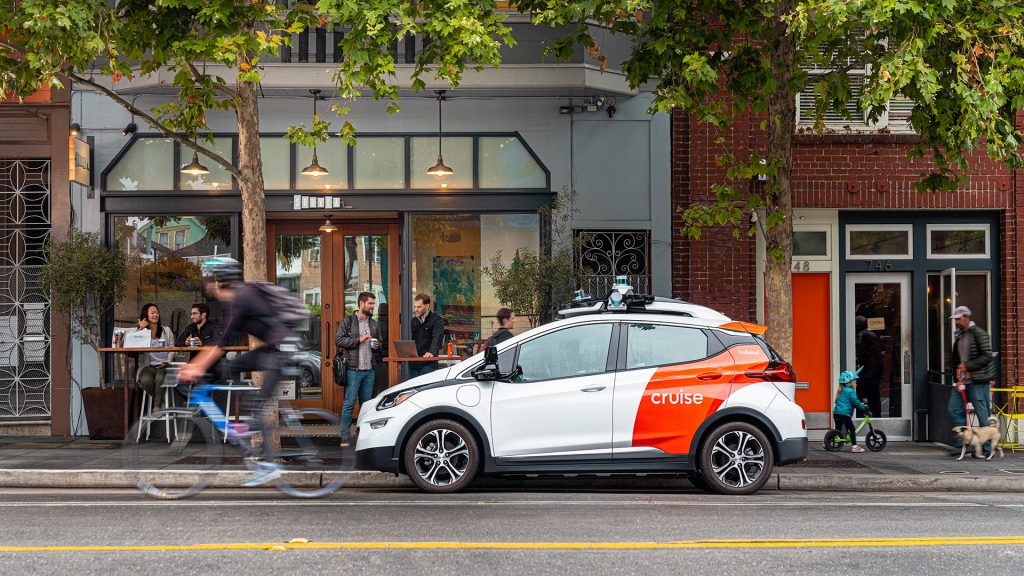[ad_1]
Basic Motors (GM) is suing the town of San Francisco for allegedly taxing the automaker unfairly by utilizing its self-driving unit Cruise to topic the corporate to $108 million in taxes over a seven-year interval.
Final week, GM filed a lawsuit towards San Francisco — dubbed Basic Motors Co. v. Metropolis and County of San Francisco — claiming that the Northern California metropolis used its subsidiary Cruise to hyperlink its taxes to the automaker’s worldwide income (by way of Automotive Information). Doing so resulted in over $3 billion of GM’s income changing into topic to San Francisco taxes, though the automaker argued that Cruise is totally separate from the father or mother firm.
As well as, GM mentioned that it shouldn’t be topic to the tax since Cruise solely started making a small quantity of income final yr.
“GM’s core automotive enterprise doesn’t make use of anybody within the metropolis, has no vegetation or different bodily places within the metropolis, has no dealerships within the metropolis, and sells solely a de minimis quantity of retail items (roughly $677,000 in 2022) within the metropolis,” the automaker wrote within the criticism.
The automaker additionally famous that a lot of its workers work remotely from outdoors of San Francisco, regardless of the town being dwelling to Cruise’s preliminary driverless operations.
Past the tax refund of $108 million, GM is requesting the restoration of $13 million in curiosity and penalties. The automaker additionally mentioned in its criticism that California mandates that taxes ought to “pretty mirror” enterprise carried out in a given metropolis, including that San Francisco’s taxation of Cruise was “inherently distortive.”
Following the submitting, a San Francisco legal professional mentioned that the case was being reviewed, including that the town would reply in court docket.
The information comes after a protracted collection of unhealthy information for Cruise all through the latter half of this yr, a lot of which revolves round an accident in early October wherein one of many firm’s self-driving autos hit and pinned a pedestrian after she had been struck by one other automobile with a human driver.
(1/3) An important factor for us proper now could be to take steps to rebuild public belief. A part of this entails taking a tough look inwards and at how we do work at Cruise, even when it means doing issues which can be uncomfortable or troublesome.
— cruise (@Cruise) October 27, 2023
Following the incident, the California Division of Motor Automobiles (DMV) instantly revoked Cruise’s license to function driverless autos, and the corporate has been going through each federal and state investigations.
Though Cruise had been planning to roll out check autos in cities throughout the U.S., these plans have been placed on pause after the San Francisco accident. Cruise additionally recalled nearly 1,000 of its Chevy Bolt self-driving automobiles because of the failure of the automobile’s post-crash response within the October 2 incident.
Moreover, GM halted manufacturing of the Cruise Origin self-driving van, former CEO Kyle Vogt resigned alongside different executives, and extra not too long ago, the corporate terminated 9 outstanding challenge leaders as half of a bigger, 24-percent discount in complete employees.
Cruise pronounces lowered operations, additional delays to Origin manufacturing
What are your ideas? Let me know at zach@teslarati.com, discover me on X at @zacharyvisconti, or ship your tricks to us at ideas@teslarati.com.

[ad_2]

